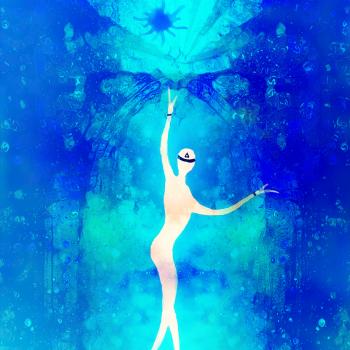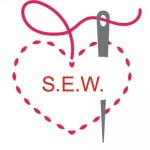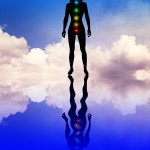To state the obvious, trust is a major issue in relationships. In fact, when I see couples, it follows “communication” as The Issue. “I don’t trust you because you…” …cheated on me. Lied to me, betrayed me. Tricked me. Hurt me. Hurt me DEEPLY.
As we get under the superficial presenting issue, however, I invariably find the real source of mistrust: People don’t trust themselves. They don’t trust their body signals, they certainly don’t trust their emotions, those surges of sensations that are flowing through them, constantly trying to get their attention. Those pesky feelings are too inconvenient, intense, or overwhelming to actually listen to. So the focus becomes external: counting up agreements broken, lies of omission, untruths discovered. It’s as if they could just figure out where that all-important TRUST/DON’T TRUST line is by indexing how many times their partner didn’t come home on time, or tell them where they really were, or told them they were FINE when clearly something else was going on. Ultimately they’re looking to choose which stamp to apply to their partner’s character. TRUSTWORTHY–yes! Oops, wrong, no, clearly UNTRUSTWORTHY.
As interesting as this sorting process might be (especially over cocktails with friends, talking about our intimate others), we have it backwards. We scan outside when the information we really need to trust is often the last place we look: our inner experience.
Our bodies intuitively know what’s going on. They flawlessly tell us what is happening with us and those around us. Of course, translating the language of the body (the clenching, twisting, vague uneasiness, fogginess, throat-closing, headaches/neckaches/backaches) into English is tricky for anyone over five. Trauma messes with the elegant communication system of our bodies, overwhelming us with emotion and teaching us to vigilantly scan the environment so as to avoid danger and pain. But putting our attention out there instead of in here leaves us disconnected from the main wisdom we hold: Our emotional self.
Linda Bender, who wrote the fascinating book, Animal Wisdom, talks about the “triumvirate of mistrust.” She contrasts humans, who typically mistrust ourselves, the world, and Source, with other animals, who actually walk through the world trusting whatever is going on, inside and out. As a result, Bender believes, animals live in a friendly universe where they are generally happy. Humans’ mistrust of themselves, everyone else, and Source leads to the unhappiness that comes from having to constantly protect ourselves from potential harm. And it leads to the ultimate disconnect from where the real truth lives: inside of us.
I’ve decided I’d like to have what animals have. It’s a mantra for me now, “I trust myself, I trust the world, I trust Source.” I know that, even when I do feel pain, I can trust that I know how to be with and move through it. As a result, I get to inhabit an inner space where my emotions flow through and my intuition speaks to me.
If, in fact, your biggest goal is to simply reduce your pain and increase your pleasure, the short game says to protect and defend against outside dangers. If, however, you’re interested in a happier life of greater aliveness, it’s time to develop the skills behind truly trusting: Learn to get present, tune into sensations, tolerate their discomfort while you translate what they’re telling you, and take the intuitive next action. Learn to trust.
You.











